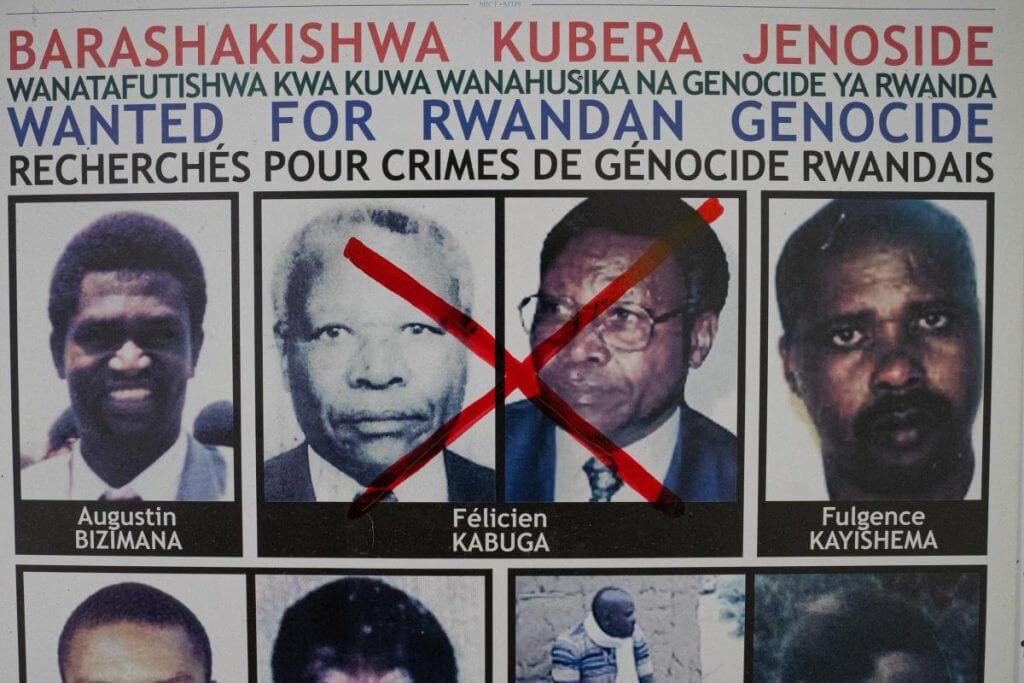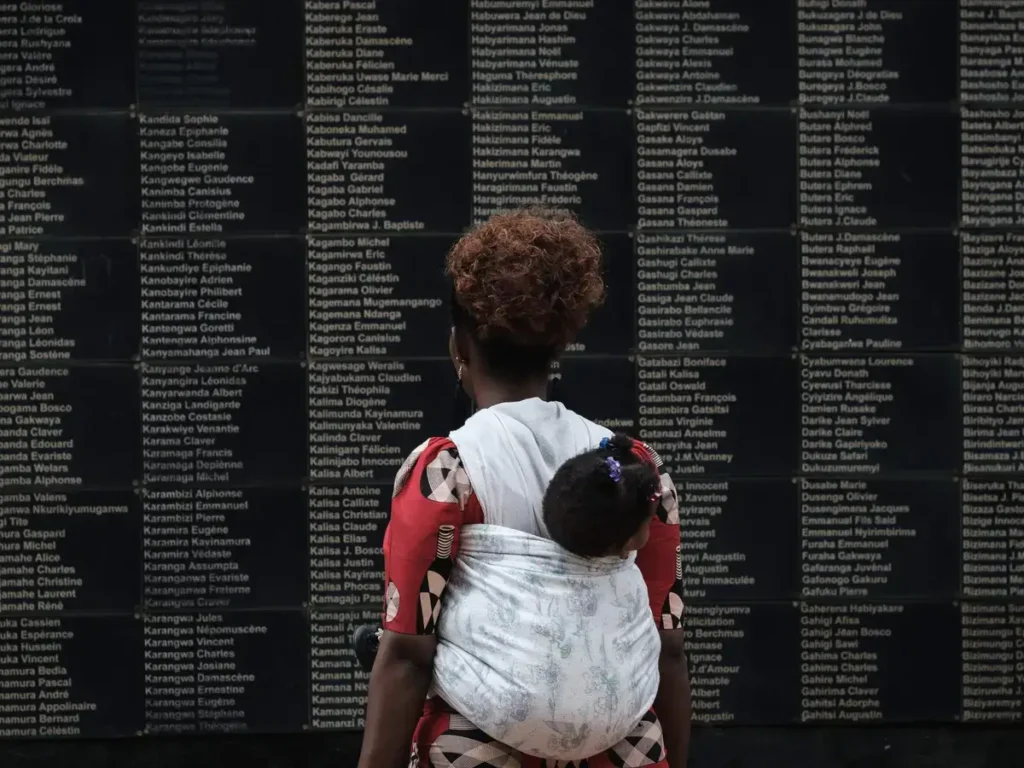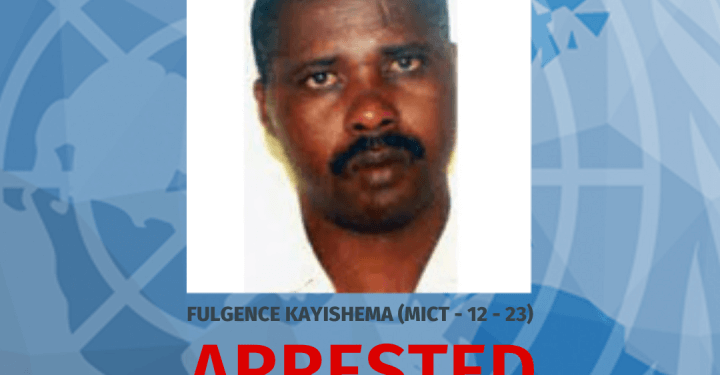The arrest of Fulgence Kayishema, a former Rwandan police chief and one of the world’s most wanted genocide suspects, has sent shockwaves through the international community.
NAIROBI, KENYA | NOW THEN DIGITAL — In a significant development, Fulgence Kayishema, one of the world’s most wanted genocide suspects, has been apprehended in South Africa. The former Rwandan police chief stands accused of playing a prominent role in the massacre of over 2,000 people at a church in April 1994.

Fulgence Kayishema, one of the world’s most wanted genocide suspects, has been apprehended in South Africa after more than two decades on the run. Kayishema, a former Rwandan police chief, has been charged with playing a leading role in the murder of over 2,000 people in a church massacre that occurred in April 1994.
Decades on the Run
Kayishema had been evading authorities for more than 20 years and was residing under an assumed identity at the time of his arrest.
The South African police, in collaboration with a tracking team from the Rwandan war crimes tribunal based in Arusha, Tanzania, successfully apprehended him on Wednesday afternoon in Paarl, located approximately 35 miles (60km) northeast of Cape Town.
Justice Served for Alleged Crimes
Serge Brammertz, the chief prosecutor of the tribunal, expressed satisfaction with the long-awaited arrest.
He emphasized the gravity of the crime, stating, “Genocide is the most serious crime known to humankind. The international community has committed to ensure that its perpetrators will be prosecuted and punished. This arrest is a tangible demonstration that this commitment does not fade, and that justice will be done, no matter how long it takes.”
The Last Major Suspect at Large
At 62 years old, Kayishema was one of the remaining four suspects indicted by the tribunal who had not been accounted for, out of a total of 96 individuals indicted. He was likely the last significant suspect still alive and evading capture.
It is worth noting that the tribunal only indicted the primary perpetrators, while more than 1,000 others are still sought by Rwandan prosecutors for their alleged involvement in the genocide, which claimed the lives of over half a million people in just 100 days.
Acknowledging the Assistance of South African Authorities
Brammertz extended his appreciation to the South African authorities for their cooperation and support in facilitating the arrest.
He commended their exceptional skills, rigorous investigation, and cooperation, which played a crucial role in the successful operation.
Background on Kayishema’s Alleged Crimes
During the 1994 genocide, Kayishema served as a Hutu police inspector in Rwanda’s Kivumu commune, located in the country’s northern region. He is accused of leading the operation to gather Tutsis in the area and confine them to the compound of a local parish church in the settlement of Nyange, where some Tutsis had already sought refuge.
The church became the target of Kayishema’s police force and the Hutu Interahamwe militia, who launched a violent attack on the thousands of civilians present on April 13, 1994. The attackers brutally assaulted the victims with machetes and grenades.
Over the course of three days, the survivors, predominantly women, children, and the elderly, barricaded themselves inside the church. In a devastating turn, a bulldozer was brought in to demolish the church, burying those inside beneath its collapsed roof. Any survivors discovered in the wreckage were promptly killed.
Kayishema’s Elusive Escape
According to Brammertz’s office, the investigation leading to Kayishema’s arrest spanned multiple countries across Africa and beyond.
During his prolonged evasion of justice, Kayishema adopted numerous aliases and used forged documents to conceal his true identity and evade capture.
Related Convictions and Prior Successes

Among those previously convicted for their involvement in the church massacre is Athanase Seromba, the parish priest. Seromba was found guilty of orchestrating the killings alongside Kayishema. Initially hiding in Italy with the assistance of the Catholic church, Seromba surrendered in 2002.
The International Criminal Tribunal for Rwanda (ICTR) sentenced him to 15 years in prison in 2006, a sentence that was later increased to life imprisonment on appeal in 2008.
The tracking team led by Brammertz also achieved a significant breakthrough just over a year ago when they discovered the body of another major genocide suspect, Protais Mpiranya. Mpiranya, the former head of the presidential guard, had been living under a false identity in Zimbabwe as a fugitive.
Editor’s Note: If you find any of our content to be inaccurate or outdated, please contact us at press@nowthendigital.com

















